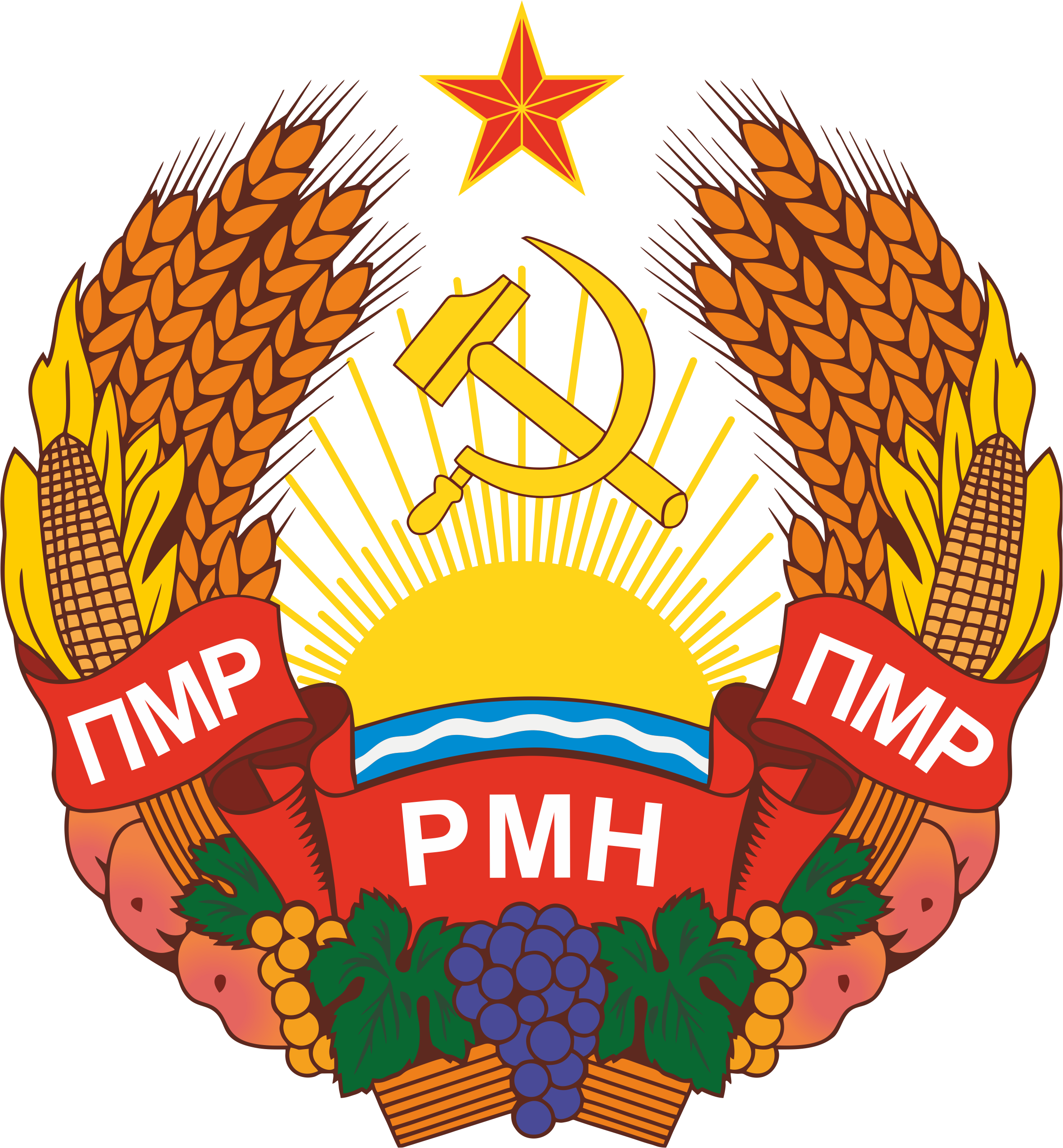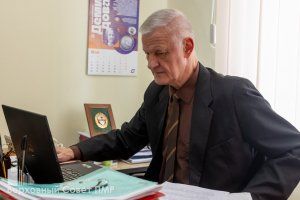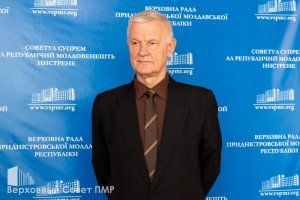Комитет по образованию, науке, культуре, общественным объединениям, спорту, информационной и молодежной политике
Parliamentarians propose to make amendments and additions to the law "On Education". They were considered in the second reading in the course of the meeting of the Committee on Education, Public Associations and Mass Media.
Reducing administrative barriers in organizing training
The right to independently develop and approve educational programs may be given to educational organizations of all levels. The content and planned results of the developed programs must not be lower than the content and planned results of the state basic general education program at the same time. This initiative was put forward by deputies of the Supreme Council Committee on Education, Public Associations and Mass Media Igor Buga, Andrei Safonov and Pavel Shinkaryuk.
The law-in-draft was introduced to reduce administrative barriers in organizing the educational process and eliminate uncertainty between the provisions of the Law of the Pridnestrovian Moldavian Republic "On Education" regulating the powers of educational organizations to develop and approve programs. The law-in-draft provides a precise definition of the concepts of "state basic general educational program" and "model educational program".
Deputies of the parliamentary Committee on Education, Public Associations and Mass Media will recommend their colleagues to adopt amendments and additions to the Law "On Education" in the course of the plenary session in the second reading.
State accreditation: reducing bureaucratic burdens
Deputies are improving legislation in the field of state accreditation of educational organizations. Developed by parliamentarians Igor Buga, Andrei Safonov and Pavel Shinkaryuk the package of legislations was considered in the course of the meeting of the relevant committee in the second reading. Two procedures are provided for checking the compliance of educational organizations with the requirements of the state educational standard – certification and accreditation in Pridnestrovie. Parliamentarians propose to reduce the bureaucratic burden on educational institutions by combining certification and accreditation into one procedure – state accreditation of educational activities, which are already actually being carried out.
State accreditation will be carried out in relation to basic educational programs, vocational training programs and professional retraining. Accreditation is excluded for pre-school education programs, training of scientific and scientific-pedagogical personnel in graduate school (adjunct), doctoral studies, educational programs implemented in accordance with the state educational standard of education for students with intellectual disabilities – due to their specificity.
The law-in-draft approves the specifics of accreditation indicators and the government body authorized to approve it. The procedure for state accreditation and its validity period are determined. Thus, the term of the state accreditation certificate for basic and additional professional educational programs will be 6 years, and 7 years for primary general, basic general and secondary (complete) education programs. The law-in-draft stipulates in addition that experts engaged by the accreditation body cannot be in any way connected with the educational institution being assessed.
Deputies of the Supreme Council Committee on Education, Public Associations and Mass Media will recommend adopting the package of legislations in the course of the plenary session in the second reading.
The Committee meeting considered draft resolutions on approving reports on the results of the activities of editors-in-chief of state mass media. The deputy corps plans to hear the reports at the next plenary session.





 Законы ПМР
Законы ПМР Постановления
Постановления Законопроекты
Законопроекты Анонс мероприятий
Анонс мероприятий 0 (533) 6-24-24
0 (533) 6-24-24